As a companion to "Poetic People Power" by Rebecca Keith, here's a look at classic and contemporary books that investigate social and political themes through poetry and prose. Help us add to this visual library by sending your suggestions to editor@pw.org.
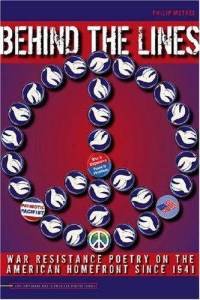
In Behind the Lines: War Resistance Poetry on the American Home Front Since 1941 (University of Iowa Press, 2007), Philip Metres examines the work of Denise Levertov, Robert Lowell, Karl Shapiro, and others who protest the brutalities of war through verse. The book also provides ideas for how poets can involve themselves in social action off the page.
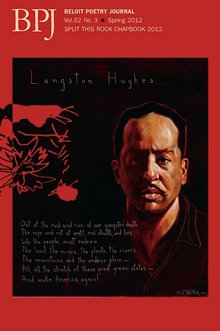
The Beloit Poetry Journal's Split This Rock Chapbook 2012 features poems from poets who participated in this year's Split This Rock Poetry Festival in Washington, D.C., including Sherwin Bitsui and Naomi Shihab Nye.
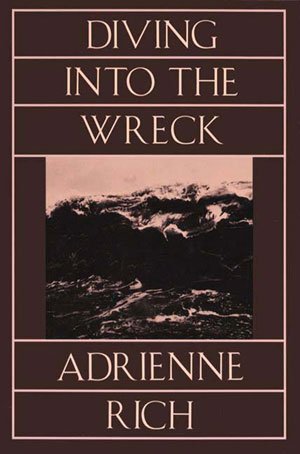
When feminist poet Adrienne Rich accepted the National Book Award for this canonical work, published in 1973 by Norton, she did so "on behalf of all women."
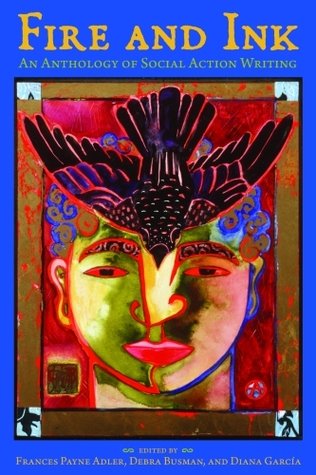
This 2009 anthology of social action writing, published by University of Arizona Press, includes poetry and essays by Chris Abani, Martín Espada, Robert Hass, June Jordan, Adrienne Rich, Natasha Trethewey, and a host of other twentieth-century authors whose work comes from a place of "critical inquiry and social responsibility."
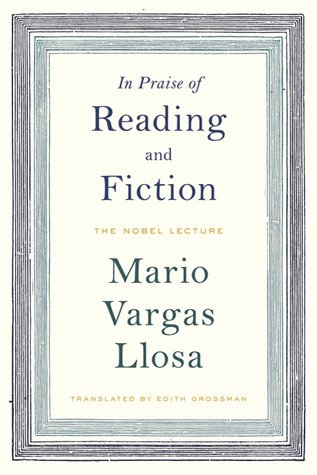
Mario Vargas Llosa's Nobel lecture, published by Farrar, Straus and Giroux in 2011, emphasizes the power of fiction to promote social and political action. "We would be worse than we are without the good books we have read, more conformist, not as restless, more submissive, and the critical spirit, the engine of progress, would not even exist,” he says. “Like writing, reading is a protest against the insufficiencies of life."
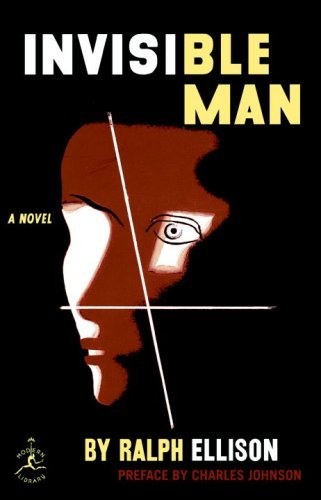
Ralph Ellison's National Book Award-winning novel, published in 1952, a century after another influential work of American protest fiction, Harriet Beecher Stowe's Uncle Tom's Cabin, was not intended by the author to serve an overtly political function. "I wasn't, and am not, primarily concerned with injustice, but with art," Ellison said. Nevertheless, the book has gone on to be instrumental in transforming ideas about race and identity in America.
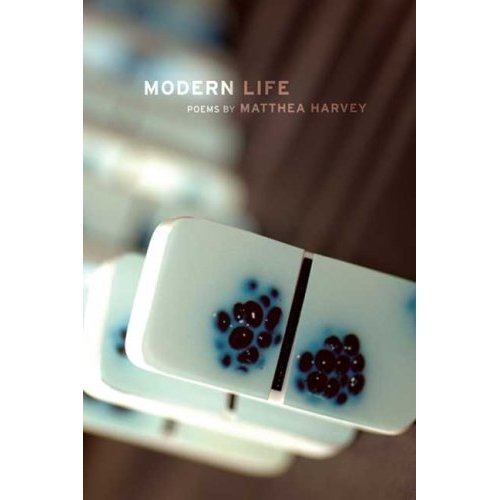
Harvey's "The Future of Terror/Terror of the Future" series, published in her 2007 collection, Modern Life (Graywolf Press), cuts a path through the dictionary from f to t and back again to illuminate our modern relationship with government, power, war, and one another.
From "The Future of Terror/1": "The generalissimo’s glands directed him / to and fro. Geronimo! said the über-goon / we called God, and we were off to the races."
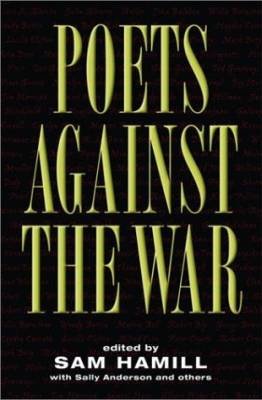
Copper Canyon Press cofounder Sam Hamill published this book in 2003 as part of his Poets Against the War initiative, which galvanized in response to the invasion of Iraq by the Bush administration. Approximately thirteen thousand poets have submitted works opposing war to the PAW website, www.poetsagainstthewar.org. The anthology includes pieces by Hayden Carruth, Sandra Cisneros, Wanda Coleman, Rita Dove, Marilyn Hacker, Yusef Komunyakaa, and others.
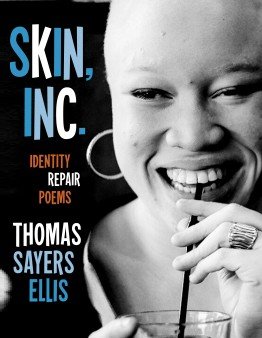
Thomas Sayers Ellis's 2010 collection, published by Graywolf Press, argues for an America whose identity is in need of examination and repair. Through words and images—the poet's own photographs—Ellis "throws himself into the role of political bard," says scholar Robin D. G. Kelley, "a voice of challenge and reason and utopia and warning in the age of Obama."
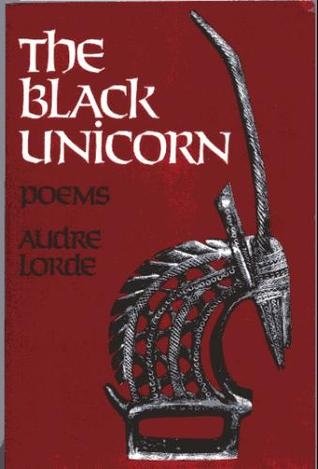
In this collection, published by Norton in 1978, Audre Lorde, "refusing to be circumscribed by any simple identity. . . writes as a Black woman, a mother, a daughter, a Lesbian, a feminist, a visionary," according to fellow poet of action Adrienne Rich, and crafts "poems of elemental wildness and healing, nightmare and lucidity."
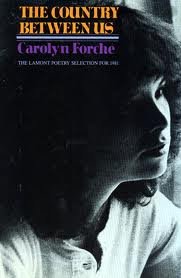
Poets & Writers Magazine reader Caroline Cottom of Oaxaca, Mexico, suggests Carolyn Forché's poetry collection The Country Between Us (HarperCollins, 1982), informed by Forché's work as a human rights activist in El Salvador.
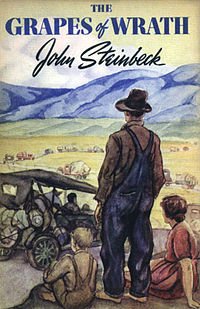
John Steinbeck's 1939 instant best-seller (and banned book), which began as a series of articles for the San Francisco Sun, cast light on the plight of migrant farm workers and the corruption of big growers in Depression-era California.
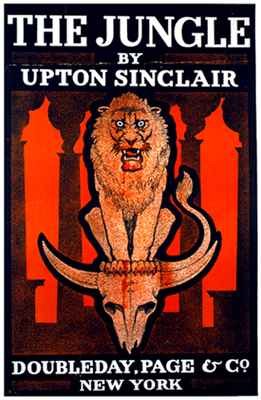
Upton Sinclair's 1906 novel exposed the gruesome labor and health conditions of Chicago meatpacking yards, influencing a wave of public alarm that prompted president Theodore Roosevelt to sign the Pure Food and Drug Act in June of that year.
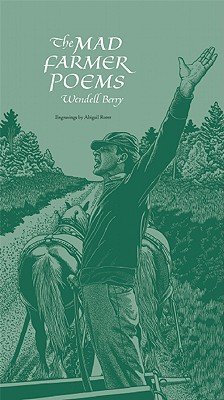
"I am done with apologies," says Wendell Berry's "mad farmer," a recurrent voice in the poet's work whose rages and arguments are collected in this 2008 volume, released by Counterpoint. In these poems, Berry, who also runs a farm in Kentucky, takes umbrage at the state of his industrialized, consumerist, fragmented country.
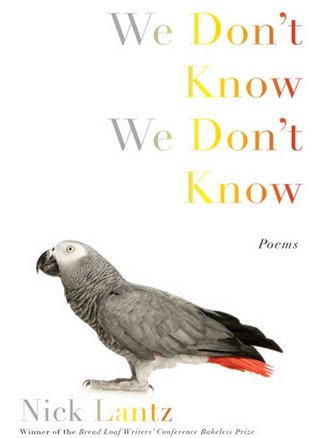
Nick Lantz's 2010 debut, We Don't Know We Don't Know (Graywolf Press), incorporates language from such politically-charged material as a CIA training manual on the practice of torture and the statements of former secretary of defense Donald Rumsfeld.
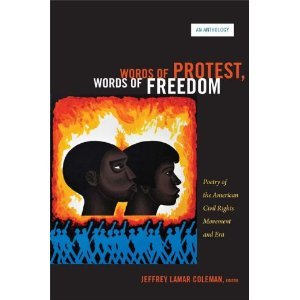
Poet and professor Jeffrey Lamar Coleman edits this anthology of works from the civil rights era, published by Duke University Press in March. Featured poets include Amiri Baraka, John Berryman, Lucille Clifton, Gwendolyn Brooks, Audrey Lorde, and George Oppen.






